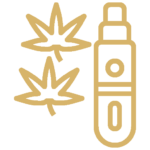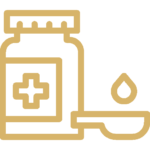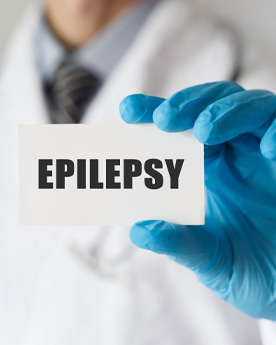
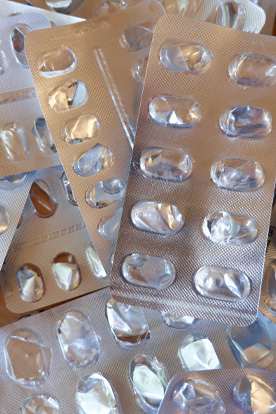
Epilepsy
The use of CBD for epilepsy has been proven to be a safe, effective treatment that does not have the often-serious side effects of traditional antiepileptic drugs. The relationship between epilepsy, as a disorder, and the endocannabinoid system, which wants to neutralize or balance the disturbance of homeostasis, is evident by the increase in the density of CB1 and CB2 cannabinoid receptors in the region of the epileptic focus, as, for example, in the temporal lobe, when one suffers from temporal lobe epilepsy.
CBD helps reduce epileptic seizures in nearly 37% of patients, while 2% of patients report a complete elimination of seizures. In another study, 57% of patients reported a reduction of seizure activity. . In 2013, a study conducted on children with epilepsy gave impressive results 84% of the children who participated in the research presented a significantly reduced frequency of seizures after the administration of cannabidiol. Also, many children with Dravet syndrome have been cured. Cannabidiol is now considered an essential tool for the treatment of children and adolescents with epilepsy.
Depression
Depression is a condition that affects approximately 1 in 15 adults every year (it is estimated that 1 in 6 people will experience it at some point in their lives) and can become one of the most debilitating illnesses regarding a person’s psyche. In fact, in certain cases, classical pharmaceutical methods may even worsen the symptoms. Users of cannabidiol report that they have better mood. This is explained, as cannabidiol (CBD) acts as a natural antidepressant, affecting serotonin levels in the body.
Serotonin is a hormone, produced naturally by the body. When its levels are low, the body becomes disorganized and triggers various mental health problems, which are related to or even exceed depression. A study conducted in 2016 showed that CBD can effectively reduce depression, making the body “recall” its childhood feel-good moments, appetite and joy. Morever, cannabidiol, like cannabinol (CBN), also acts as a very effective sleep aid. It is known that insomnia can contribute to the symptoms of depression and anxiety, create even more stress and exhaust the body.

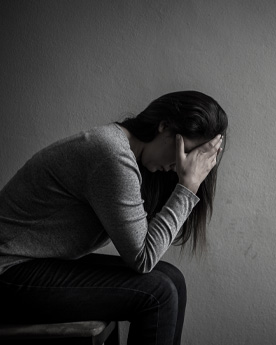


Schizophrenia
Current pharmacological treatment for schizophrenia is only partially effective and focuses mainly on the symptoms. This has led researchers to explore new pharmacological targets and the endocannabinoid system, whose function has been one of their primary targets. Over the recent decades, increasing research has shown the presence of abnormalities in the endocannabinoid system, which it is associated with schizophrenia.
Studies show that CBD has beneficial effects in patients with schizophrenia, as the effects of CBD do not appear to depend on the dopamine receptor antagonism, displaying a new type of treatment for the disorder. As CBD works in a different way than conventional antipsychotic medication, it is increasingly assumed that CBD can also have beneficial effects on cognitive function. The study results support the idea that CBD may be a future treatment in schizophrenia and psychosis, in general.




